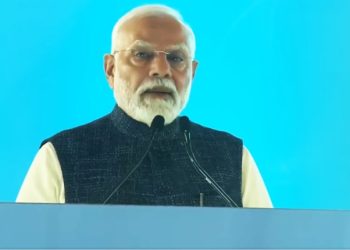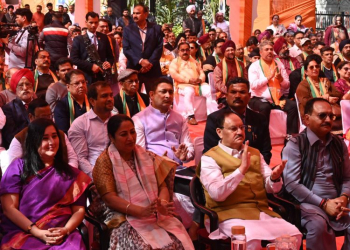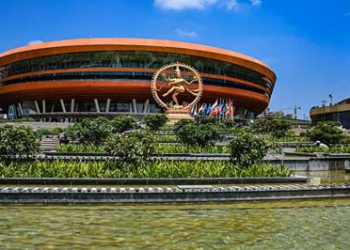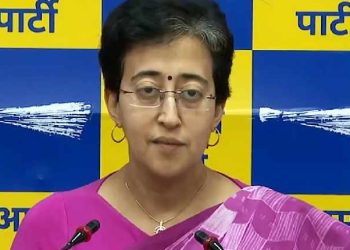New Delhi: In a major verdict delivered on Wednesday, the Supreme Court has declared that the Enforcement Directorate has the powers conferred under law to investigate people, conduct searches and raids and even arrest citizens under the stringent provisions of the Prevention of Money Laundering Act.
A number of petitioners, including Congress Lok Sabha member Karti Chidambaram, had approached the apex court challenging the powers of the ED under the PMLA.
The court declared the ED actions cannot be called arbitrary and it has the powers to attach properties of people suspected of money laundering. In recent times, opposition parties have accused the government led by Prime Minister Narendra Modi of “weaponising” the ED and misusing it to target dissidents, opposition leaders and intimidate them. The Congress has been organising protests all over the country even as the ED continues its interrogation of leader Sonia Gandhi
CVoter conducted a nationwide survey on behalf of IANS soon after the Supreme Court verdict came out to gauge what ordinary Indians felt about the controversial issue.
The survey was conducted using random sampling techniques and covered almost all demographic, ethnic, income and educational categories in the country.
In what could be a jolt to the opposition, 82.5 per cent of the respondents overall agreed with the verdict of the apex court. What should worry the opposition camp even more is the fact that 78.2 per cent of respondents who identify themselves as opposition supporters backed the apex court decision.
There is near unanimity across all categories of respondents; perhaps a signal that Indian citizens want genuine and concrete action against allegedly corrupt politicians and officials. The “least” enthusiastic response came from the Muslim community; though 69 per cent supported the apex court verdict upholding the powers of the ED.
In recent times, the ED has been very aggressive and pro-active in taking action against not just opposition politicians, but also many private sector companies and individuals allegedly involved in money laundering operations. According to a response provided by the government to the Parliament a few days ago, the number of ED actions have jumped 27 times between 2014-22 compared to the ten year UPA rule between 2002-14.
(IANS)


















